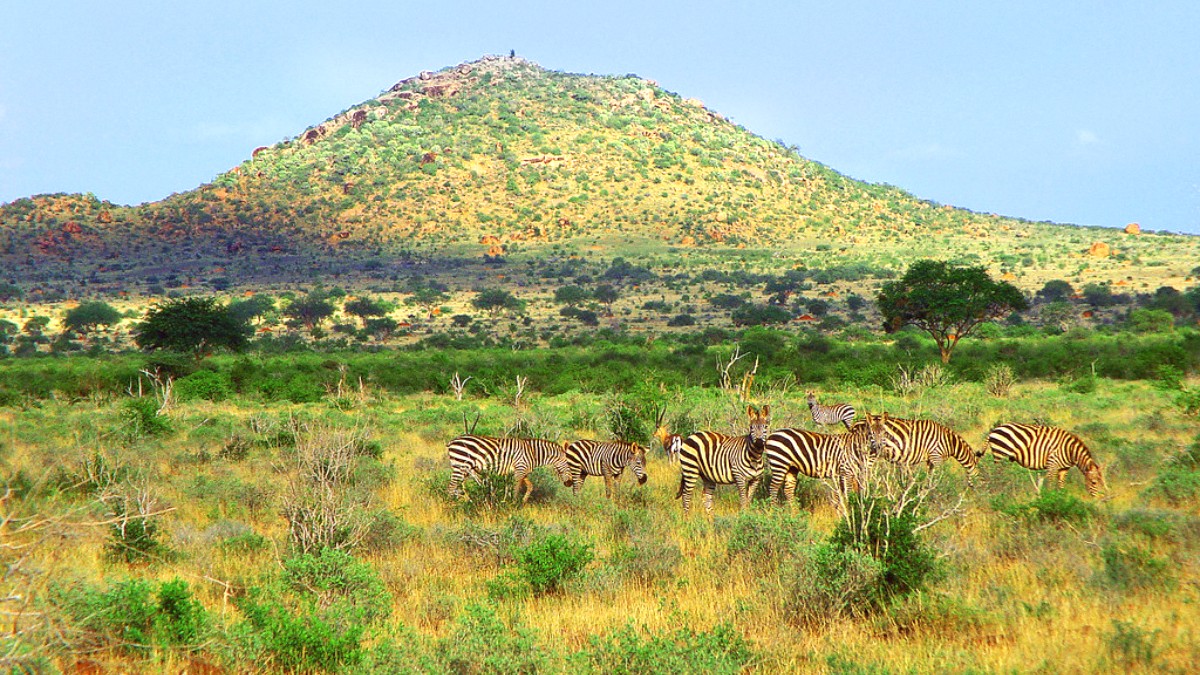
Kenya
The Maasai Mara National Reserve serves as a designated protected area for wildlife conservation. Private conservancies bordering the reserve provide important buffer zones and migratory corridors, allowing animals to move freely beyond main reserve boundaries.
Most reputable safari lodges strive to minimize their environmental footprint. Inquire about their waste management and recycling policies. Avoid single-use plastics during your trip. Many camps present filtered water for refilling reusable water bottles, such as a Hydro Flask Stainless Steel Water Bottle.
Water is a precious and often scarce resource in arid regions. Be mindful of your water usage. Take short showers. Consider offsetting your flight emissions through reputable carbon offset programs, like Terrapass. This counters the environmental footprint of your journey.
Your choices foster cultural preservation and positive community relations. Engage with local communities thoughtfully.
Lodges and initiatives that work directly with Maasai communities merit support. These partnerships demonstrate that tourism benefits local people while respecting their cultural heritage.
Always ask for permission before taking photos of people, especially Maasai individuals. A small gratuity might be expected; your guide provides advice.
Choose lodges and operators demonstrating strong commitments to conservation and community benefit. Look for certifications from organizations like EcoTourism Kenya.
A simple act of packing a Reusable water bottle significantly curbs plastic waste in this fragile environment. Many lodges offer filtered water.
When purchasing crafts, buy directly from Maasai villages or from lodge shops that clearly state proceeds benefit local communities.
Shop Sustainable Gear at PatagoniaLook for certified fair trade products, ensuring artisans receive fair compensation for their work. This directly empowers local craftspeople.
Support Conservation Efforts at The Rainforest SiteSupport properties committed to conservation. These camps prioritize energy, water, and waste management, showing environmental responsibility.
Your travel choices create a direct, positive economic footprint on local communities.
Many conservancies operate on a model where tourism revenue directly benefits Maasai landowners. Land lease fees and employment opportunities create a direct economic incentive for communities to protect wildlife and habitat.
When purchasing crafts and souvenirs, buy directly from Maasai villages or from lodge shops that clearly state proceeds benefit local communities. Look for certified fair trade products.
Be cautious of "orphanages" or "cultural experiences" that appear exploitative or do not genuinely benefit the community or animals. Research any such attractions prior to your visit.
Genuine conservation and community projects are transparent about their operations and finances.
Avoid any activity with direct interaction with wild animals (e.g., holding lion cubs), as these often involve unethical animal treatment and contribute to illegal wildlife trade.
If you wish to contribute financially, donate to reputable local NGOs, schools, or established conservation organizations, rather than directly to individuals.
Choose local safari operators and guides whenever possible. This ensures a larger portion of your tourism expenditure stays within the local economy.